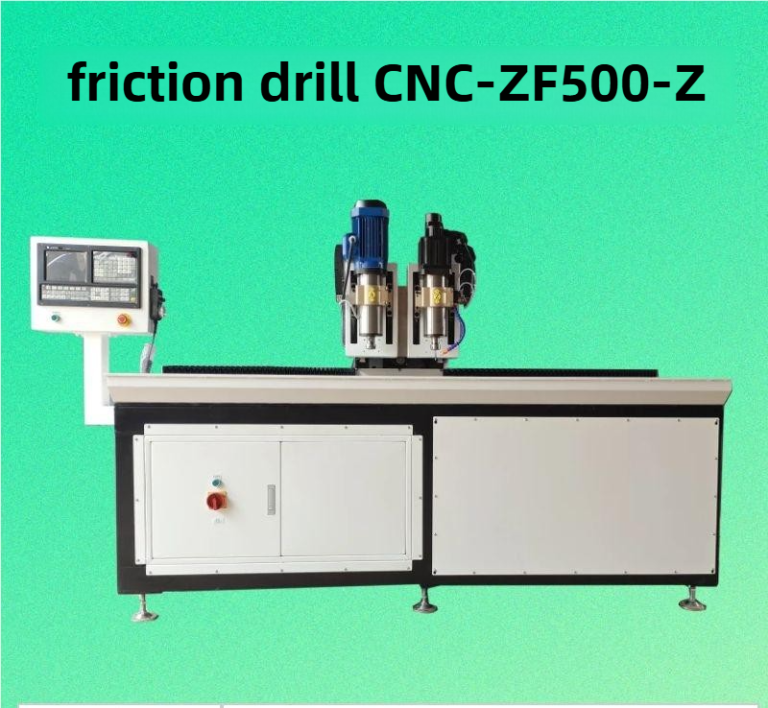It has become increasingly important in these times of environmental consciousness to take steps towards a sustainable lifestyle. At the heart of the sustainability conversation is the word “efficiency” – more specifically, energy efficiency. It essentially refers to the effectiveness of energy usage and the minimisation of wasted energy.
Energy efficiency is especially crucial within Australian homes. With ever-mounting costs of energy consumption, having an efficiently run home can lead to preserving both the environment and personal finances. More than just turning off the lights when you leave a room, energy efficiency extends to numerous aspects of a home, such as home installations, appliances, and importantly, the hot water system.
A poorly maintained hot water system can be one of the most significant sources of energy wastage in an average Australian home. By making a few smart changes, you can maximize the efficiency of your home’s hot water system, resulting in reduced energy bills and a decreased carbon footprint.
An Overview of Hot Water Systems in Australia
A variety of hot water systems are available in Australia, each boasting different degrees of energy efficiency. These systems range from the traditional gas and electric storage systems to the more modern solar and heat pump powered systems.
Hot water systems account for a substantial amount of the energy consumption in an average Australian household. The Department of the Environment and Energy reports that water heating accounts for approximately 21% of total household energy consumption. These figures highlight the gravity of considering energy efficiency when choosing a hot water system.
Understanding Hot Water System Efficiency
So, what makes a hot water system energy efficient? Generally, an efficient system minimises heat loss during storage and limits the circulation of hot water. These two factors can save a significant amount of energy.
Key indicators for the efficiency of a hot water system include its energy factor (EF), which gauges the efficiency of the system’s heat transfer, and the first hour rating (FHR), which identifies the quantity of hot water the system can deliver in an hour. A system with a high EF and FHR is typically more energy-efficient.
Benefits of an Energy-Efficient Hot Water System
Investing in an energy-efficient hot water system comes with a multitude of benefits. Firstly, significant energy savings translate to substantial cost reductions. Electricity and gas bills can be cut significantly, leading to notable yearly savings.
Not only will your wallet thank you for choosing an energy-efficient system, but so will the environment. Lower energy consumption means reduced greenhouse gas emissions, leading to a smaller carbon footprint and a more sustainable planet.
Upgrading vs. Replacing: Evaluating Your Current Hot Water System
Before proceeding to choose a new hot water system or modify an existing one, it’s crucial to evaluate the efficiency of your current system effectively. Understanding your current system’s efficiency can help you determine whether an upgrade or full replacement is more beneficial.
If your system is relatively new and in good working condition, it might be suitable to simply upgrade or enhance it with energy-efficient features. However, if the system is older and prone to issues, it might be more advantageous to spare the headache of constant repairs and replace it entirely with a new, energy-efficient model.
Exploring Energy-Efficient Hot Water Systems
Several energy efficient hot water systems are available for Australian homeowners. Solar water heaters, for instance, are exhaustively green and can provide some of the highest levels of efficiency, although they often come with a larger upfront investment. Heat pump systems also provide high efficiency and are suitable for locations with plenty of open space.
The decision on which system to choose largely depends on factors such as your home layout, budget, and local climate. Examining real-world examples and testimonials can offer valuable insights into the system that may be best suited for you.
Installation: Costs and Considerations
The process of switching to an energy-efficient hot water system comes with various considerations. The costs include not only the price of the system but also installation costs which can vary depending on the system type. Other considerations include space, existing infrastructure, and local regulations.
This step requires careful planning and guidance from a professional to ensure that the system fits seamlessly into your home settings without causing any disruption to your daily life.
Sustainable Practices: Maximising Energy Efficiency
After the installation, maintaining well-functioning equipment will ensure the most efficient use of energy. Regular servicing of equipment, installation of efficient fixtures such as low-flow showerheads, and correct temperature settings can collectively enhance the energy efficiency of your hot water system.
In addition to these hardware considerations, behavioral habits can also markedly improve the energy performance of your hot water system. For instance, reducing the time spent under the shower, avoiding partial loads in the washing machine, and only running the dishwasher when fully loaded can all contribute to a more efficient system.
Government Initiatives and Rebates for Energy-Efficient Hot Water Systems
The Australian government has various initiatives in place to promote the use of energy-efficient appliances and installations. The Small-scale Renewable Energy Scheme (SRES), for instance, incentivizes the installation of solar water heaters and heat pumps by offering rebates to homeowners.
Taking advantage of these rebates and incentives can offset some of the costs associated with upgrading or replacing your hot water system. Before purchasing a system, explore these opportunities to maximize potential savings.
Conclusion: Transforming Your Hot Water System
In this comprehensive guide, we have explored the importance of energy efficiency, the features of an energy-efficient hot water system, the benefits, different available systems, and how to maximize efficiency in your home. It is evident that making the smart choice of investing in an energy-efficient hot water system can result in considerable savings and a significant reduction in your environmental impact.
Whether you’re upgrading an existing system or installing an entirely new one, the newfound knowledge from this guide will undoubtedly steer you in the right direction. Regardless of your choice, remember that every step taken towards energy efficiency contributes to a sustainable future.




